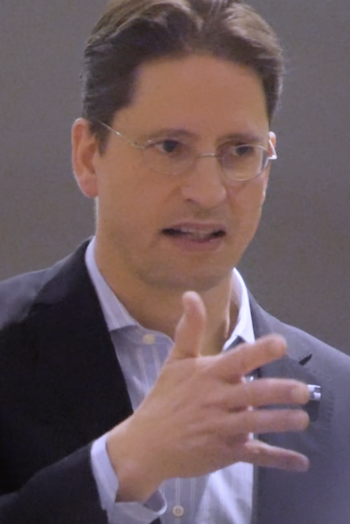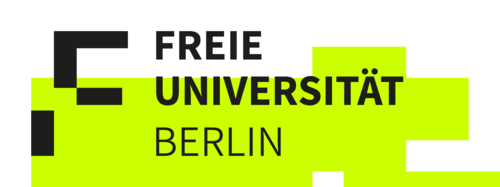Tobias Hoffmann

Fellow, Catholic University of America
Medieval philosophy, especially ethics and action theory, 13th and 14th Century
I’ve found it fruitful to study human abilities through indirect approaches, for example, by studying human inabilities or weaknesses (e.g., akrasia/incontinence) and limit cases.
In the past, some of my research focused on medieval theories of incontinence. More recently I’ve investigated the possibility of ideal agents doing evil, as a test case with implications for the conception of free will more widely. This resulted in a book that provides a detailed account of the free will debate that arose in the wake of the Latin West’s rediscovery of Aristotle’s action theory. The book includes a discussion of medieval theories of how angels, who ex hypothesi act under ideal psychological conditions, can do evil (see www.cambridge.org/9781107155381).
For a better understanding of the context in which philosophical debates took place in the middle ages, I have become increasingly interested in “minor figures” – thinkers who have fallen into oblivion, although in their own time they stood at the centre of the debates. At the “Human Abilities” Centre, I am working on the theory of free will of John of Pouilly (early fourteenth century), a student of Godfrey of Fontaines and a contemporary of John Duns Scotus.



